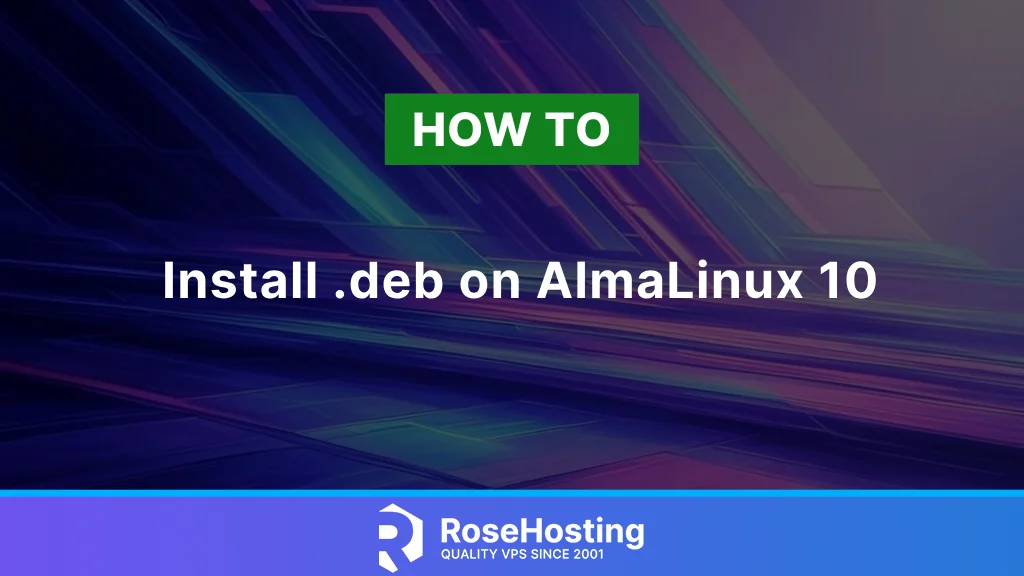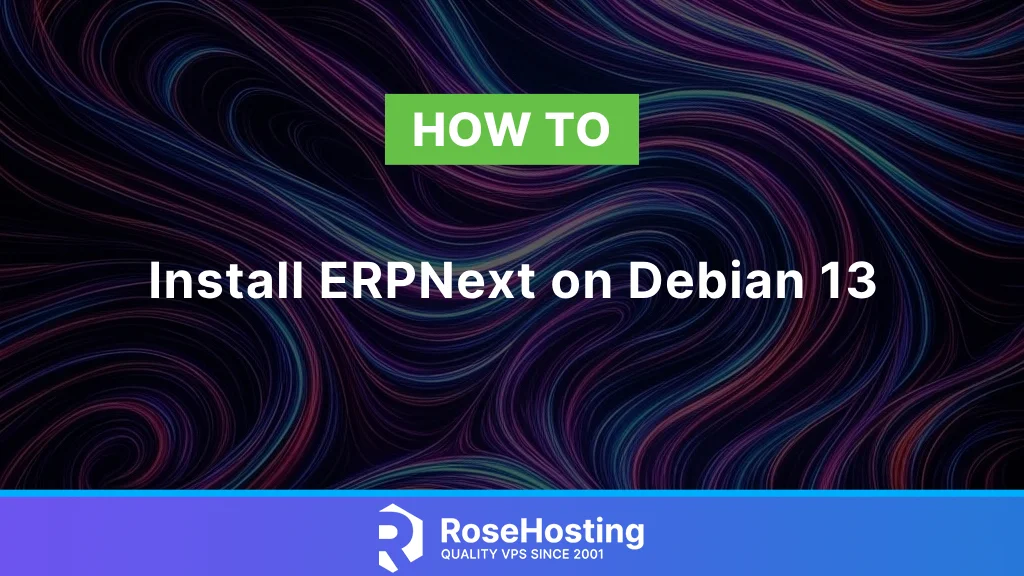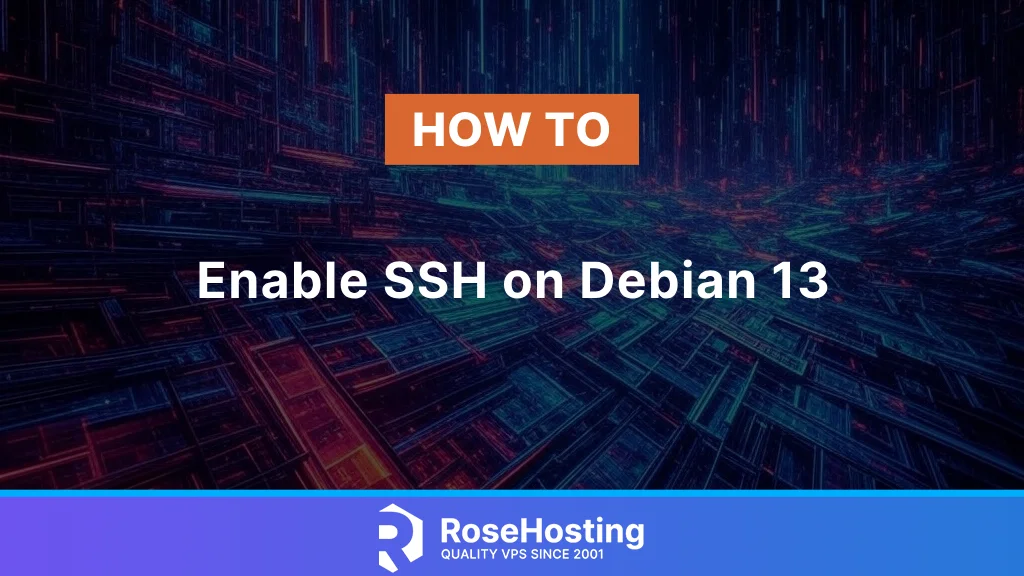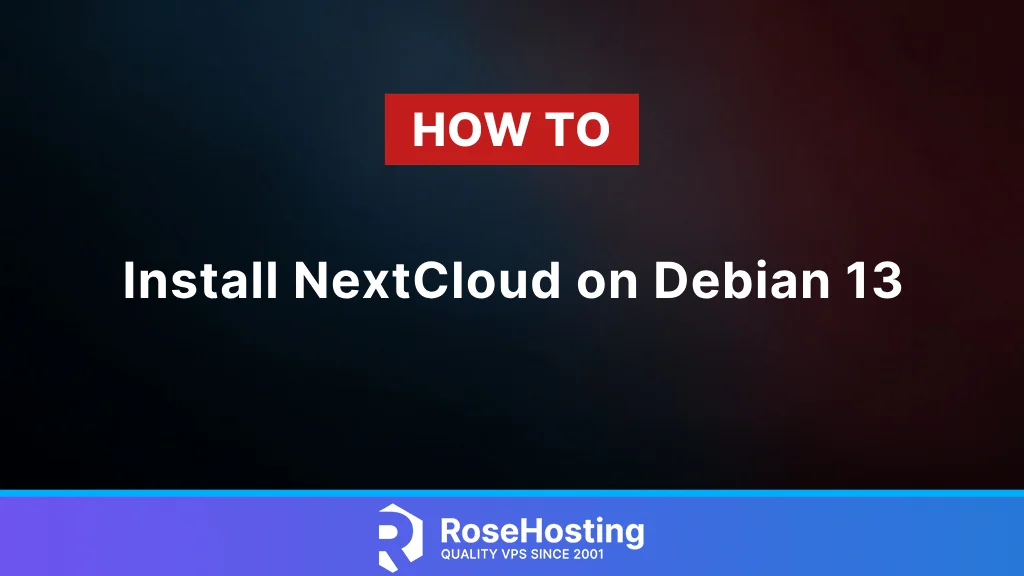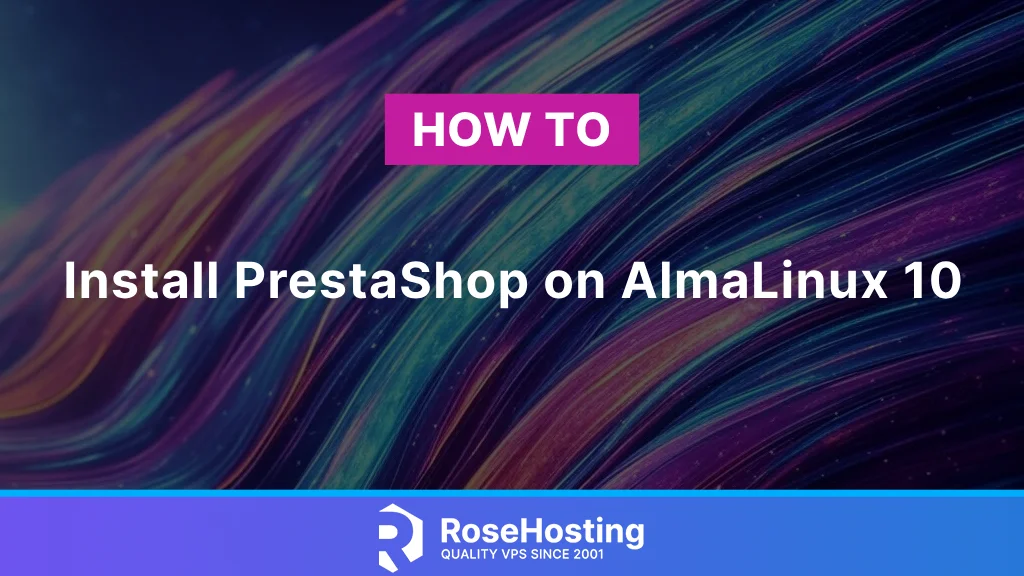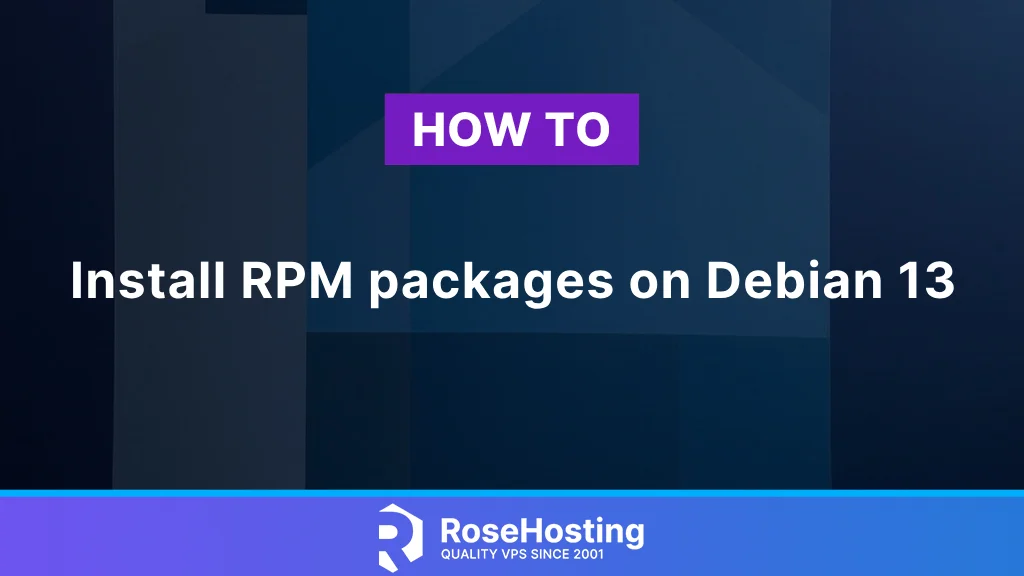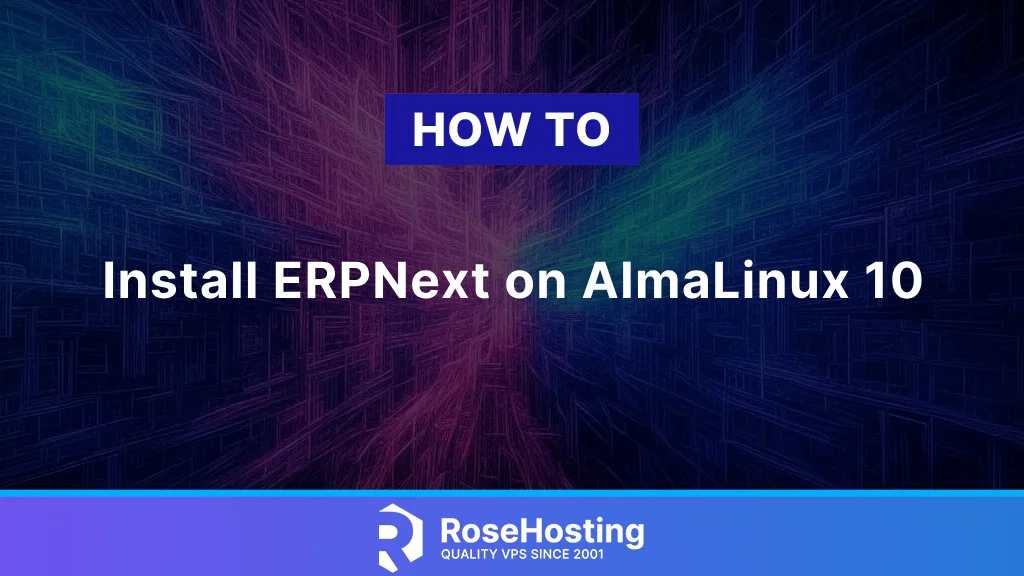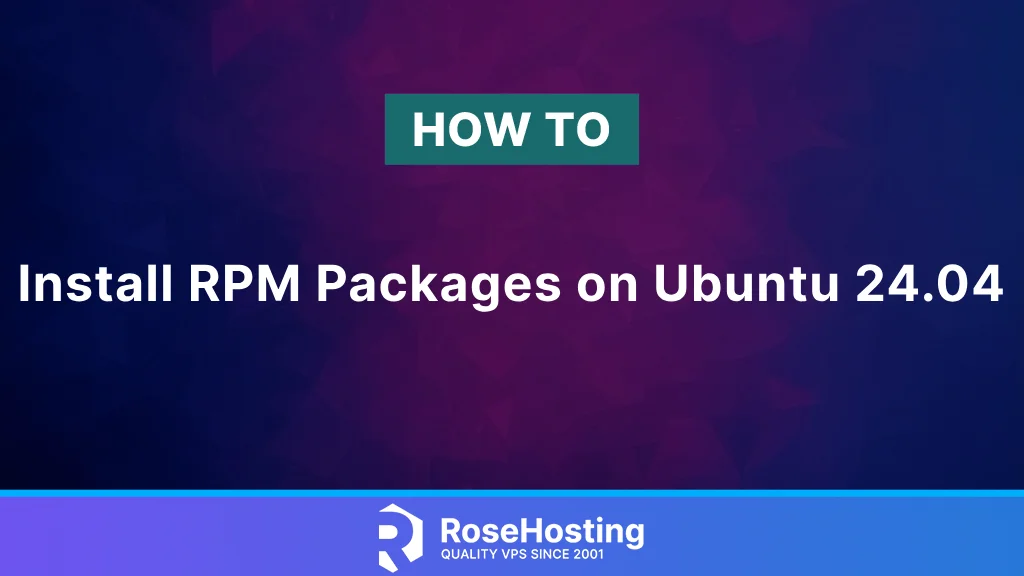
In this tutorial, we will explain how to install RPM packages on the Ubuntu 24.04 operating system. Yes, that’s right, you read that very well. It is possible to install Red Hat-based derivatives on a Debian-based system. RPM, or Red Hat Package Manager, is a free and open-source package management system for installing, removing, and managing software packages in Linux. RPM is a package format used by Red Hat derivatives, such as CentOS, Fedora, RHEL, and AlmaLinux. In this blog post, we will focus on installing these packages on the latest Debian-based Ubuntu 24.
Installing RPM packages on Ubuntu 20.04 is a straightforward process that typically takes between 5 minutes and 10 minutes. Let’s get started!
